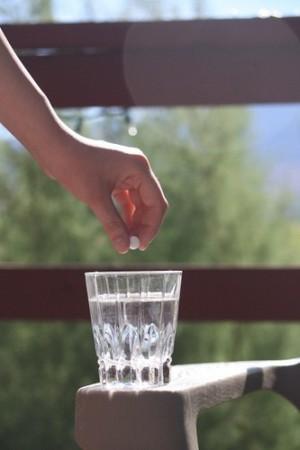
Scientists have developed an anti-ageing pill that helps to improve human life expectancy.
A team of scientists at the National Institutes of Health in US conducted experiments on mice models and found that a protein called sirtuin 1 (SIRT1) played a major role in ageing process. Activation of the protein helped the rodents live longer and stalled development of many age-related diseases in them, The Telegraph, UK reported.
Protein Sirtuin have long been connected to lifespan extension and calorie restriction. Many studies have shown that an extra copy of SIRT2 genes improved life expectancy by 50 percent, while its deletion lowered longevity. Apart from ageing, they also play an important role in metabolism, DNA repair and gene regulation, thus protecting against diseases like diabetes, cancer and heart disease.
During the experiments, Dr Rafael de Cabo and colleagues fed six-month-old mice with SRT1720 supplements (100 milligrams per kilogram of body weight).
Mice that received the supplement achieved 8.8 percent increase in lifespan compared to those animals that didn't receive the molecule. Apart from that, mice in the protein group were lighter, slimmer, and had better muscle function and co-ordination.
Researchers identified that the supplementation helped to manage bad cholesterol, improved insulin sensitivity, thus protected against heart disease and diabetes. These proteins also helped lower inflammation, a major reason that leads to ageing.
"Here, we show for the first time that a synthetic SIRT1 activator extends lifespan and improves healthspan of mice fed a standard diet," Dr de Cabo told The Telegraph. "It illustrates that we can develop molecules that ameliorate the burden of metabolic and chronic diseases associated with ageing."
The study has been published in the journal Cell Reports.

















